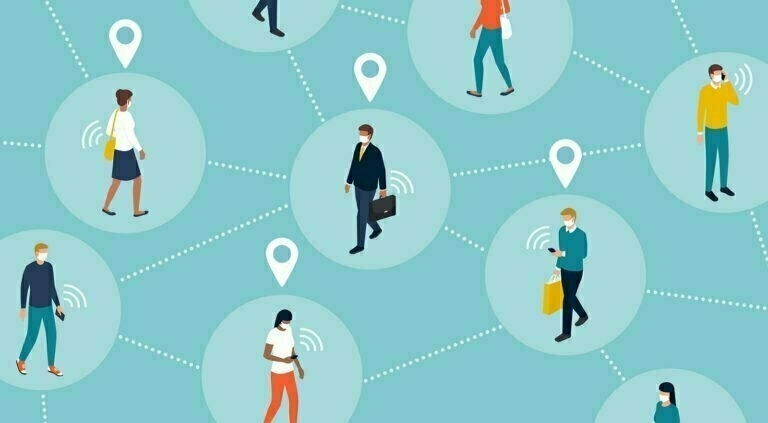Should governments track supermarket purchases?
We booked a holiday to France this week and used Tesco vouchers to pay for the Eurotunnel crossing. These Tesco vouchers are a kind of payment-in-kind for the data they gather (and presumably sell) about our grocery purchases.
I use both Google Pay and Garmin Pay so that I don’t have to take a wallet with me everywhere. It’s convenient, but these two tech companies — as well as my bank — know a lot about my purchasing habits.
So, from that point of view, it seems odd to wring our hands about the State knowing more about grocery purchases. But the point, I guess, is that in this case there’s no way to escape it, no opt-out.
Statistics Norway (SSB) is the state-owned entity responsible for collecting, producing and communicating statistics related to the economy, population and society at national, regional and local levels.Source: Norway to Track All Supermarket Purchases | Life in NorwayBecause everything about an individual living in Norway is linked to their fødselnummer (birth number), SSB already knows where you live, what you earn and what’s on your criminal record.
However, according to a report by NRK, they now want to know where you shop, and what you buy.
SSB has ordered Norway’s major supermarket chains NorgesGruppen, Coop, Bunnpris and Rema 1000 to share all their receipt data with the agency. Nets, the payment processor that is responsible for 80% of transactions, will also need to provide data.
[…]
SSB claims they want a less time-consuming way of collecting and analysing household consumption statistics in order to inform tax policy, social assistance and child allowance.
[…]
SSB is adamant that they are only concerned with statistics at a group level: “When the purchases are linked to a household, it will be possible in the consumption statistics to analyze socio-economic and regional differences in consumption, and link it to variables such as income, education and place of residence.”
